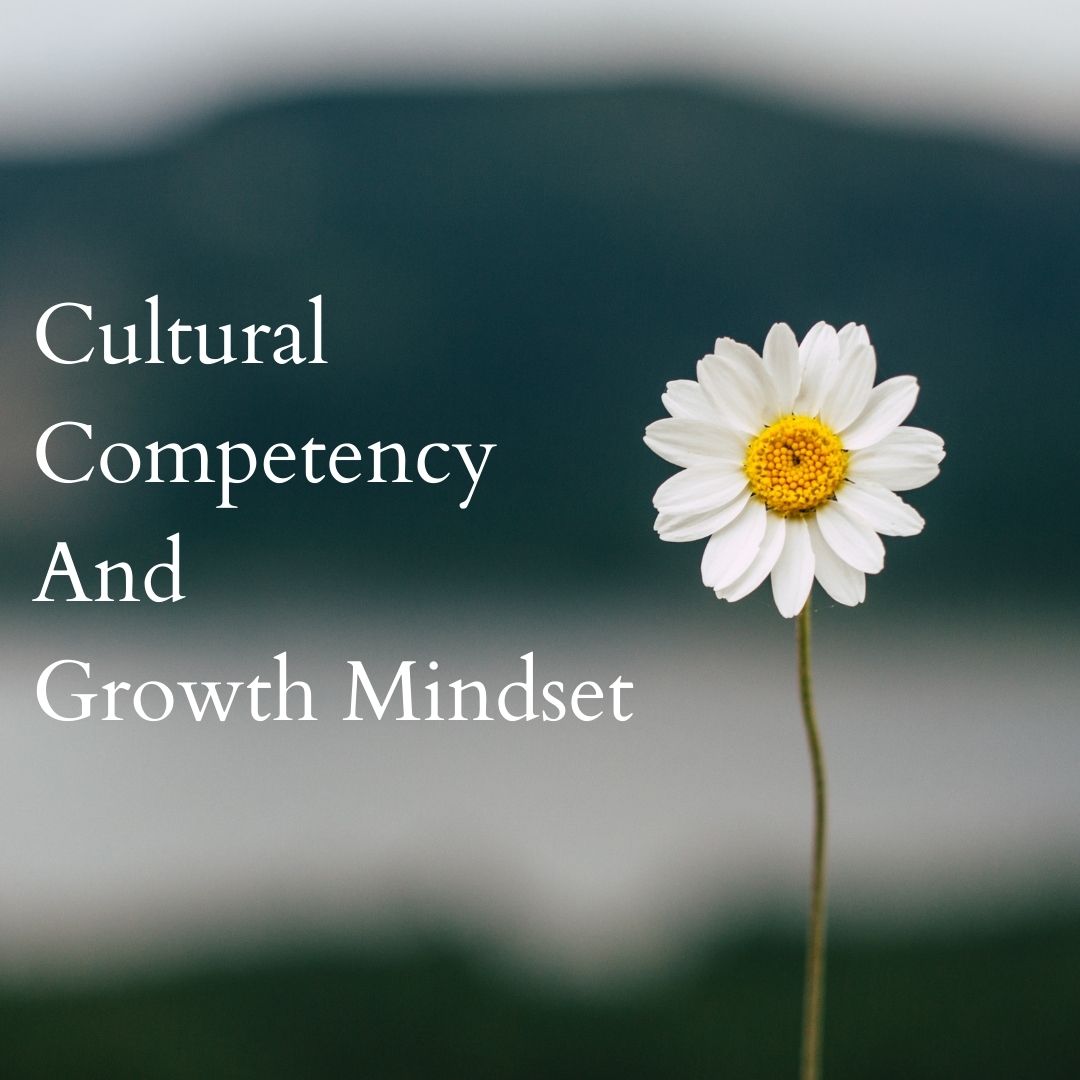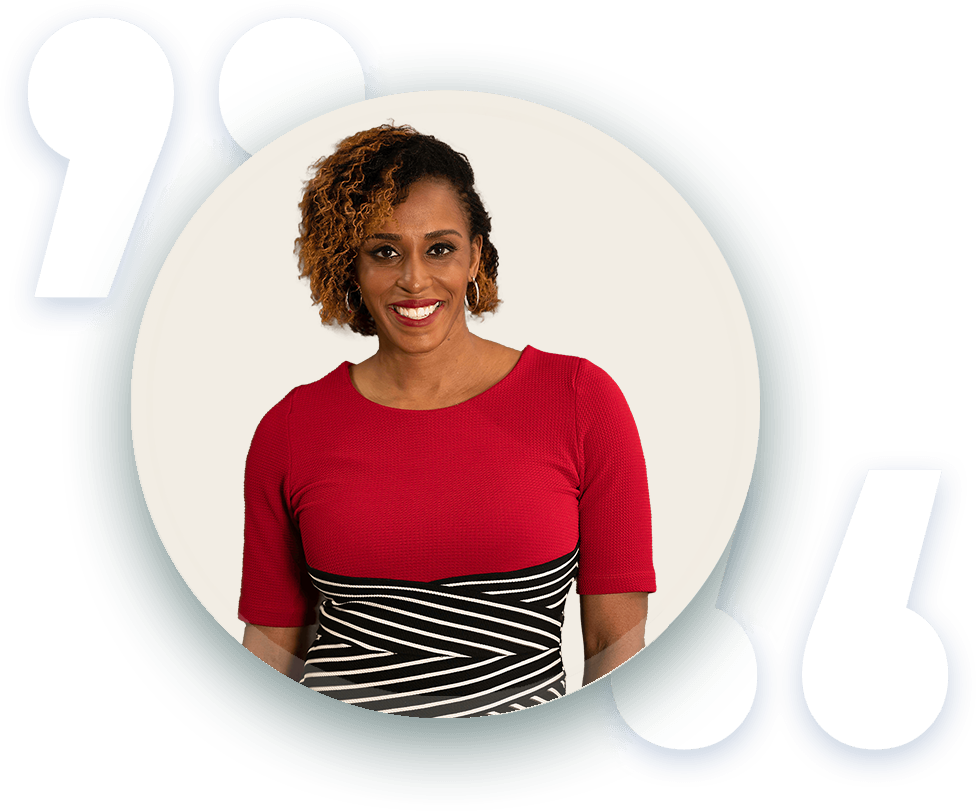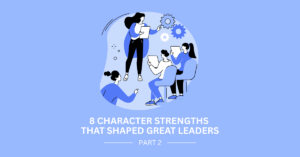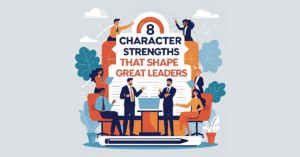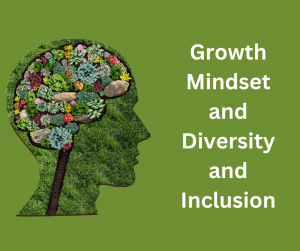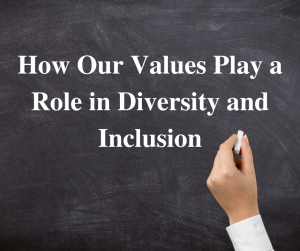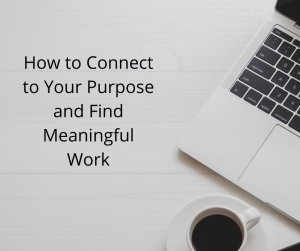Cultural Competency and Growth Mindset
By: Stephanie LaBonte
We all have varying degrees of maturity in diversity and how we react to cultural differences. Our willingness to learn and grow is more important than our level of maturity. Understanding the different levels of cultural adaptation and how a person can progress through the stages can help with self-reflection and learning. It can also facilitate meeting others where they are and believing that they can grow and learn.
Growth Mindset
Dr. Carol Dweck’s research brought to life the concepts of fixed mindset and growth mindset to describe people’s inherent beliefs about learning. A fixed mindset consists of a belief that intelligence is static; that change is not possible. Conversely, a growth mindset believes that intelligence can be developed; learning can be realized with effort. As Dweck’s research has grown over the decades, more findings show that a growth mindset isn’t only about effort. Certainly, effort is a critical component of learning, but it’s not the only factor. It is also essential to implement new strategies and seek input from others when stuck. Recent developments in neuroscience have discovered that the brain is more malleable than previously realized. Brain plasticity research has shown that experience can change the connectivity between neurons. With practice, new connections grow between neural networks, existing connections are strengthened, and insulation is built that increases impulse transmissions. These discoveries have shown us that using good strategies, asking questions, and practicing can increase our neural growth. Therefore, seeking input from others and intentionally cultivating cultural experiences and learnings can improve cultural competency.
Cultural Competency
Dr. Milton Bennett created the Bennett Scale, also known as the Developmental Model of Intercultural Sensitivity (DMIS), which describes the ways people can react to cultural differences and how they have adapted to them. DMIS uses six stages to scale the levels of cultural adaptation, with the goal being to reach the highest stage, integration. The six stages are denial, defense, minimization, acceptance, adaptation, and integration.
Denial
Denial is the inability to see cultural differences. It is indicated by well-intended but naïve observations (benign stereotyping) and superficial statements of tolerance.
Development task to move out of Denial
Recognize the existence of cultural differences
Growth Mindset learning and actions:
- Build on what is already known
- Think of differences in non-threatening contexts
- Watch panel discussions or films
Defense
Defense is recognizing cultural differences coupled with negative evaluations of most variations from the native culture. It is indicated by “us vs. them” thinking and is frequently accompanied by negative stereotyping.
Development task to move out of Defense
Mitigate polarization by focusing on common humanity
Growth Mindset learning and actions:
- Focus curiosity on the culture of one’s own group
- Avoid cultural contrasts
- Seek information about similarities, including needs and goals between different groups
Minimization
Minimization is recognizing and accepting superficial cultural differences, such as eating customs, while holding that all human beings are the same. It is indicated by emphasizing the similarity of people and the commonality of basic values.
Development task to move out of Minimization
Develop cultural self-awareness
Growth Mindset learning and actions:
- Focus on self-awareness
- Expand curiosity about native culture to other cultures – especially about privilege, justice, advertising, and the media
- Seek out opportunities for difference-seeking
Acceptance
Acceptance is recognizing, appreciating, and accepting cultural differences in behavior and values. It is indicated by the beginning of the ability to consciously elaborate on difference.
Development task to move through Acceptance
Refine analysis of cultural contrasts
Growth Mindset learning and actions:
- Build on enthusiasm for “difference-seeking” to promote examination of more profound contrasts
- Seek guided experiential learning opportunities
- Make a cultural difference the focus while deepening cultural self-awareness
Adaptation
Adaptation to difference includes the development of communication skills that enable intercultural communication. It is indicated by the effective use of empathy to understand and be understood across cultural boundaries.
Development task to move through Adaptation to Difference
Develop the skill of empathy
Growth Mindset learning and actions:
- Seek opportunities to practice behavior in known cultures
- Research cultural differences (lived experiences, peer-reviewed research, etc.)
- Participate in small group discussions about cultural differences and lived experiences
Integration
Integration is the internalization of multicultural empathy. It is indicated by experiencing one’s own cultural identity in the context of other cultures.
Development task to cultivate Integration
Resolve the multicultural identity.
Growth Mindset learning and actions:
- See opportunities for peer group interaction
- Model constructive marginality
- Curate commitments and boundary setting
A growth mindset can be the foundation for enhancing your cultural competence. A growth mindset, much like cultural competence, is a journey – not a proclamation. You can cultivate both simultaneously by seeking input from others, asking questions, seeking opportunities to learn and practice, and actively learning from mistakes.
Powerful Question
How can you utilize a growth mindset to cultivate your cultural competence?
Stephanie’s coaching take-away:
You can use growth mindset practices to improve how you respond to cultural differences.

